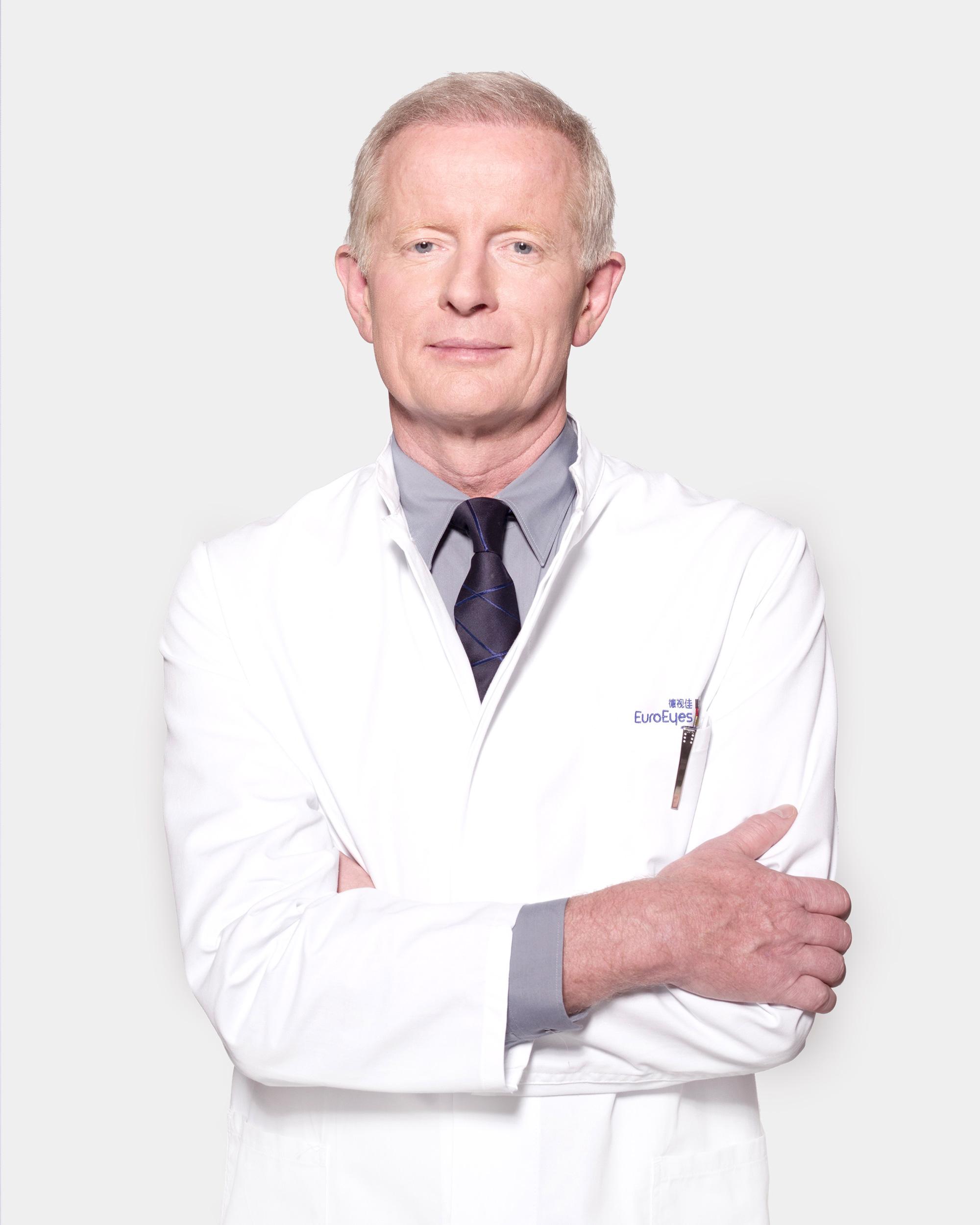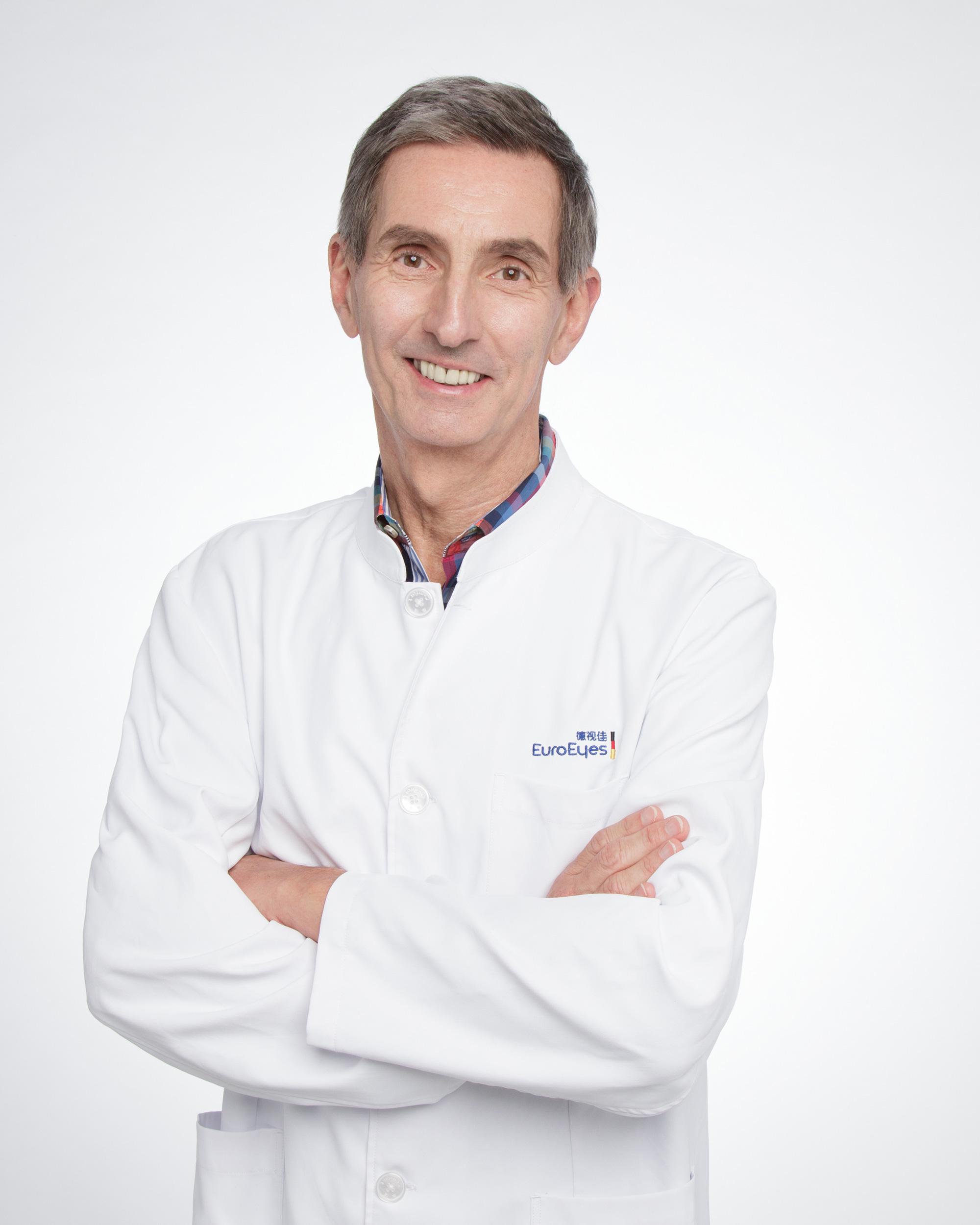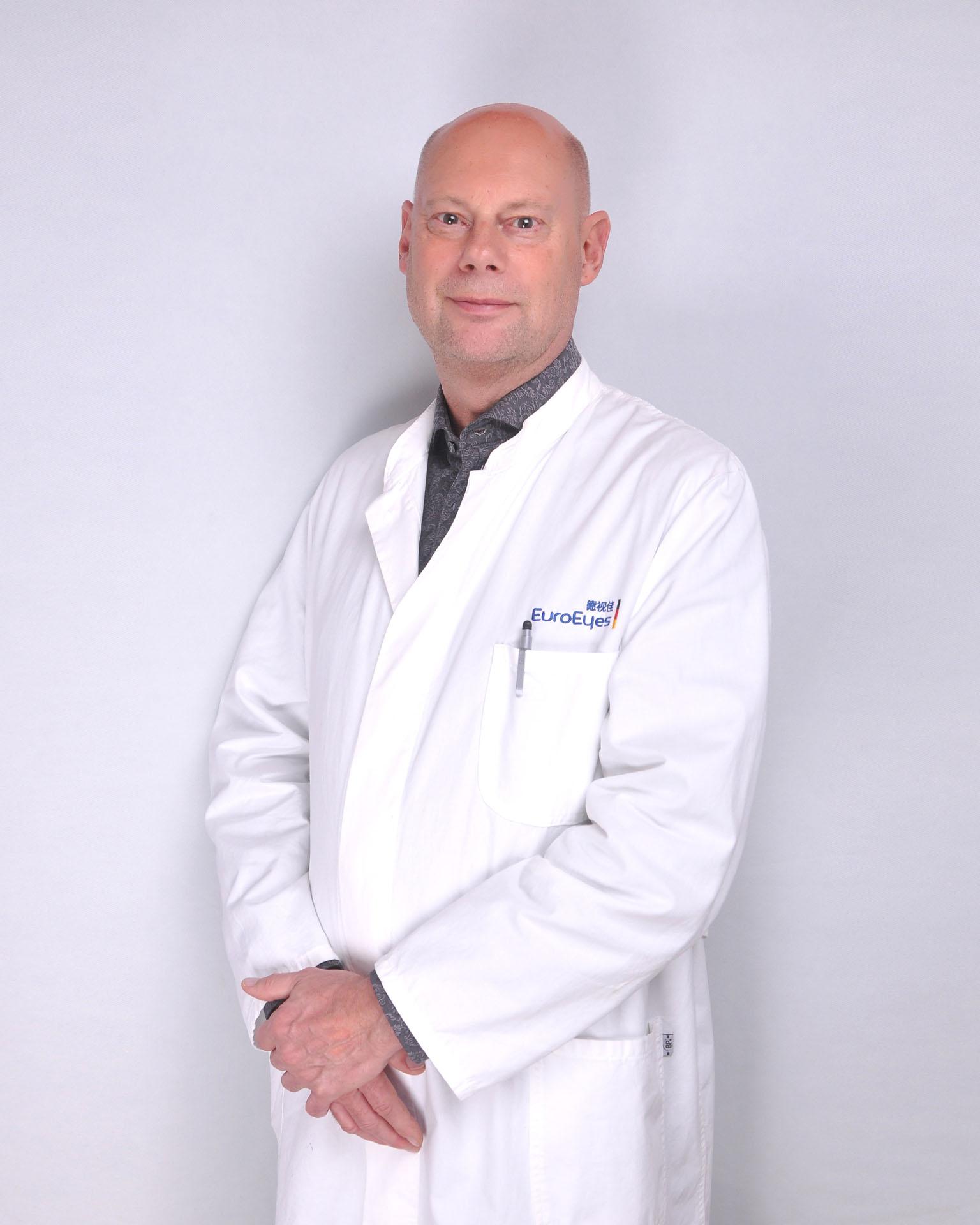What is Diabetic Retinopathy?
Diabetes mellitus, also called diabetes, has many effects on the body - including causing damage to the retina of the eye. Often the changes are not noticeable at first, but in the course of time can lead to slight visual problems and even blindness. We would like to show how damage to the eye caused by diabetes can be detected early, what treatments can help and what consequences can occur.
What diabetes does to the eye
One of the possible consequences of diabetes is so-called diabetic retinopathy (diabetic changes in the retina) which means damage to the retina of the eye. In the long run, diabetic retinopathy can damage the blood vessels of the retina by changing and even destroying the vessel walls. Diabetic retinopathy is damage to the retina of the eye due to high blood sugar levels and is one of the most common causes of blindness in people between the ages of 20 and 65. High blood sugar levels damage the small blood vessels – the capillaries – in the retina, so that photoreceptors receive too little oxygen. This leads to the formation of new, unstable blood vessels. People with diabetic retinopathy have increasingly poor vision. In severe cases, the described retinal changes can lead to retinal detachment and eventually blindness if left untreated. Dry eyes can also be associated with diabetes, which leads to a reduced quality of life for those affected.







